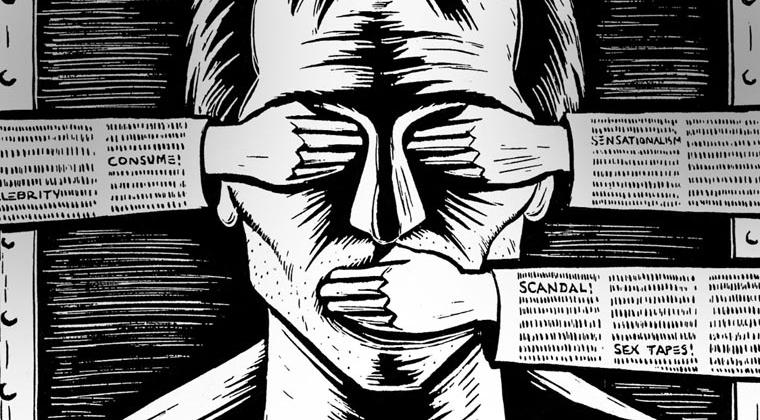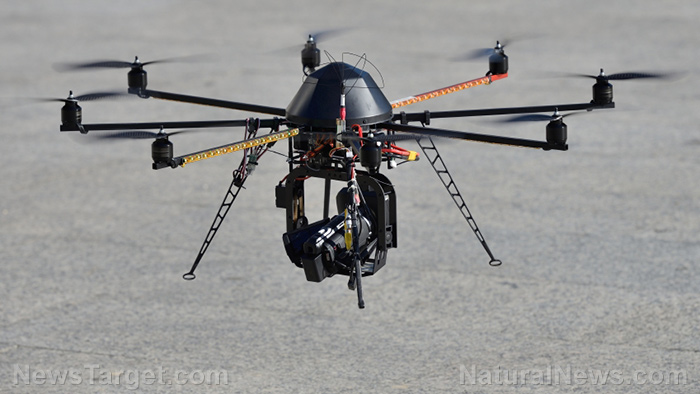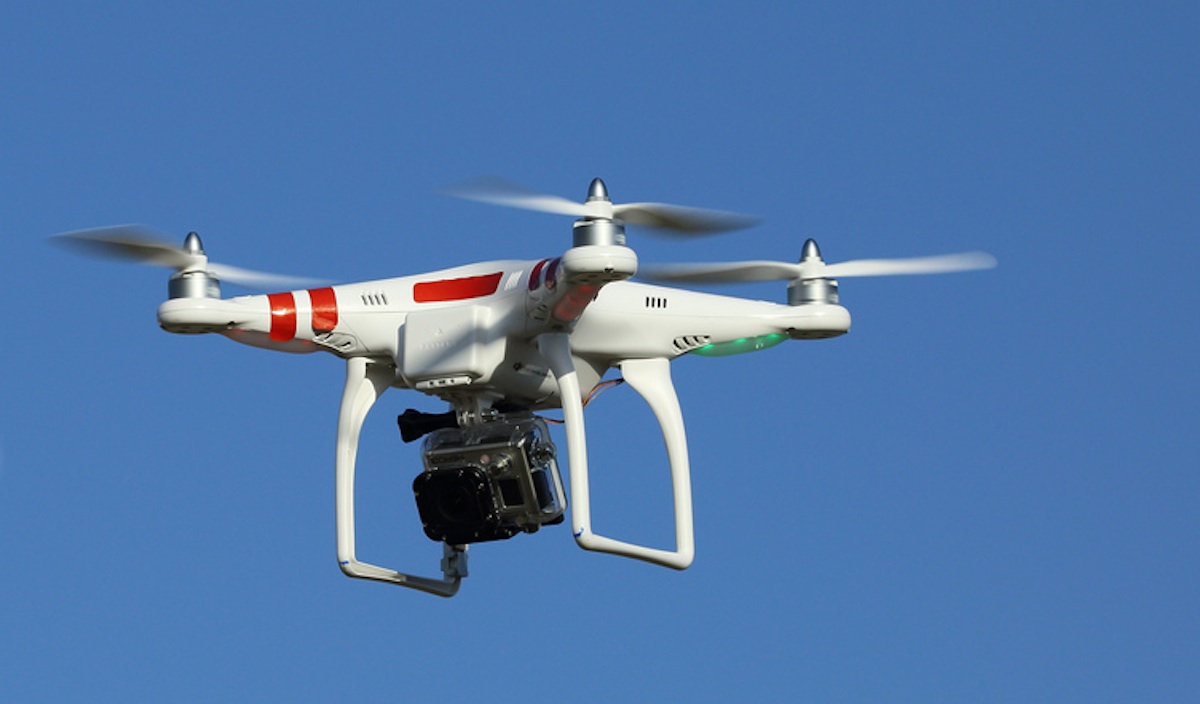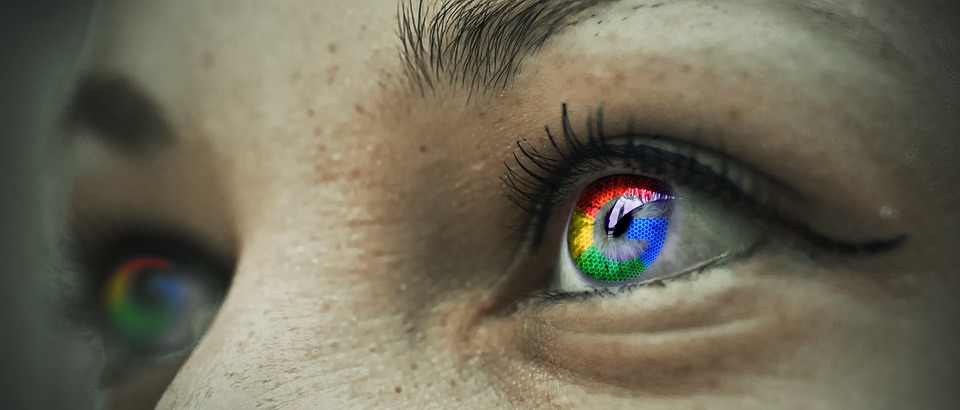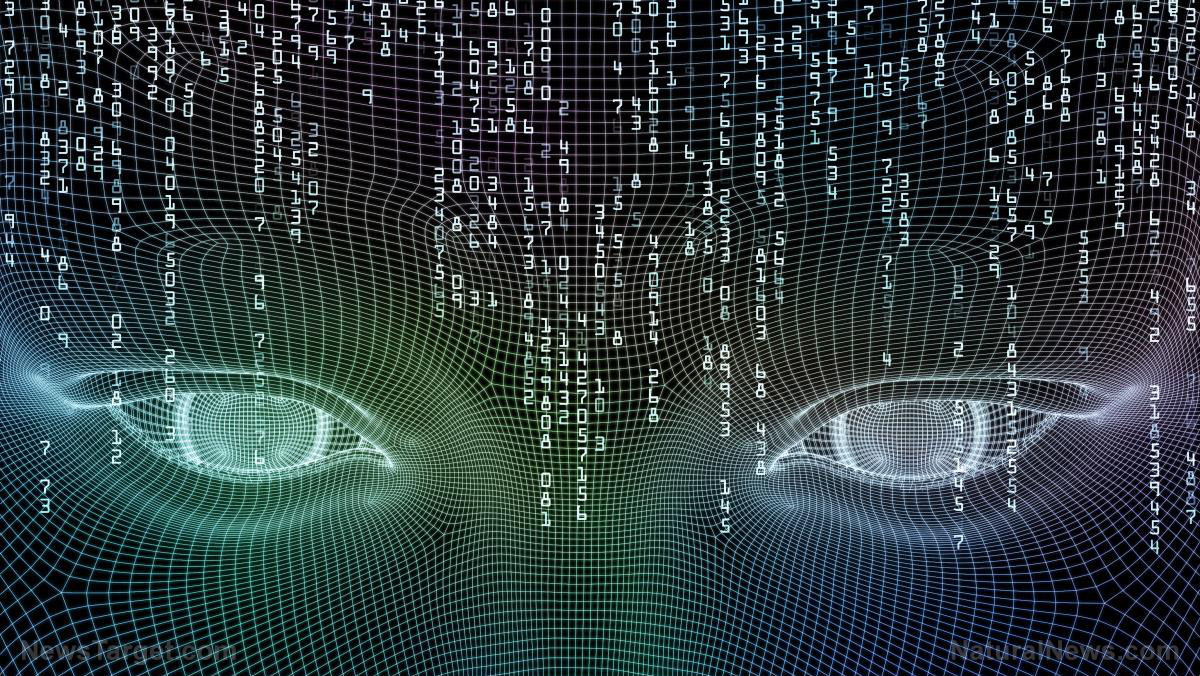Big brother sees you! Chinese jaywalkers receive their fine immediately through SMS
04/28/2018 / By David Williams
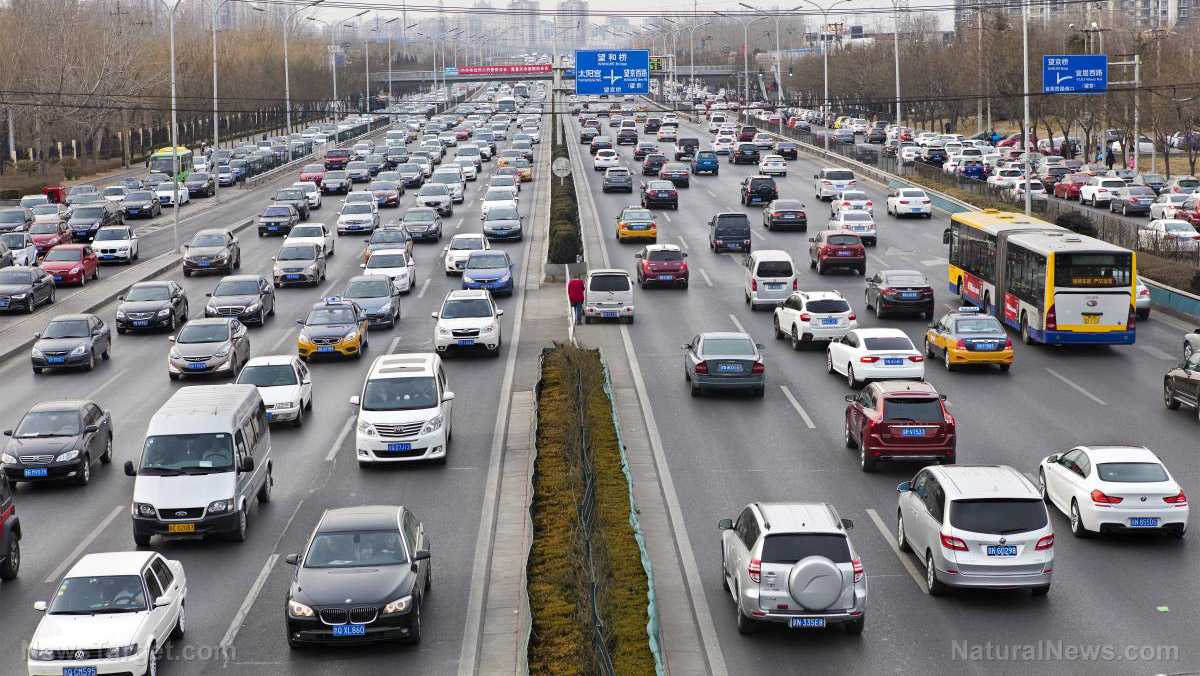
Facial recognition technology is really starting to become a big deal in China. It wasn’t that long ago when Chinese traffic police began using facial recognition to nab those who were violating traffic laws. Now they’ve taken things one step further with artificial intelligence (AI): When the facial recognition cameras catch someone jaywalking, not only will they be identified, named, and publicly shamed, they will also be sent text messages telling them what their violation is and how much the fine they have to pay will be.
Based on online reports, a Shenzhen-based AI company called Intellifusion will be in charge of rolling out this “feature” of the new Shenzhen traffic system. That is, in addition to simply displaying the faces of jaywalkers on giant LED screens located at intersections, they will be working with local mobile phone carriers and social media companies in order to work out a system that will send out the jaywalking-related text messages to jaywalkers as soon as they get caught.
And things can only get worse for traffic violators. According to Wang, the system will also register exactly how many times a person has violated the city’s traffic laws, and if they reach a specified number of violations, it will have an effect on their social credit score. This, in turn, would limit their ability to access certain things that they might need, such as public transportation systems and even loans from public banks.
According to Wang Jun, the director of marketing solutions at Intellifusion, sending out the text messages may be the missing piece in the puzzle of preventing future traffic violations. “Jaywalking has always been an issue in China and can hardly be resolved just by imposing fines or taking photos of the offenders,” he explained. “But a combination of technology and psychology … can greatly reduce instances of jaywalking and will prevent repeat offences.” (Related: Latest facial recognition software can identify you even if your face is COVERED, exchanging even more privacy for “safety.”)
Facial recognition technology may seem scary, but you’ll find that things are a little bit worse than you think. Facial recognition systems are tasked with generating a so-called faceprint for individuals, which can then be stored in a facial recognition database. These faceprints are created by scanning human faces and measuring the distance between various points such as the width of their noses or the depth of their eye sockets.
All in all, there are more than 80 “nodal points” in a human’s face that can be tracked and accounted for by facial recognition scanners, and it is these points that are used for reference when identifying scanned individuals. There are many ways to scan faces for facial recognition, but for the current system that is installed in Shenzhen, they’re using cameras with 7-megapixel sensors that can take photos of pedestrians crossing the streets.
So far, the system has been able to catch approximately 13,930 jaywalkers, identifying them and displaying their personal information on the LED screens that are present in intersections. There’s also an accompanying webpage, managed by the traffic police, which shows the photos, names, and the partial ID numbers of the perpetrators that were caught.
It’s said that the next step in this grand plan to deter people from violating traffic laws involves streamlining all identification efforts by going straight to instant messaging. By simply sending text or instant messages to errant pedestrians, the use of giant LED screens that announce violations may become unnecessary.
Do you think you could live in a world where the use of such technologies, made possible through AI and facial recognition, is the norm? These technologies are certainly present in the U.S. and many other developed countries. One can only hope that the government never goes that far in trying to discipline its people.
Read the latest news regarding government missteps in MartialLaw.news.
Sources include:
Tagged Under: artificial intelligence, camera system, CCTV system, China, faceprints, Facial recognition, identity database, Intellifusion, jaywalkers, jaywalking, police state, Shenzhen, social credit score, surveillance, traffic laws, traffic system, traffic violation

